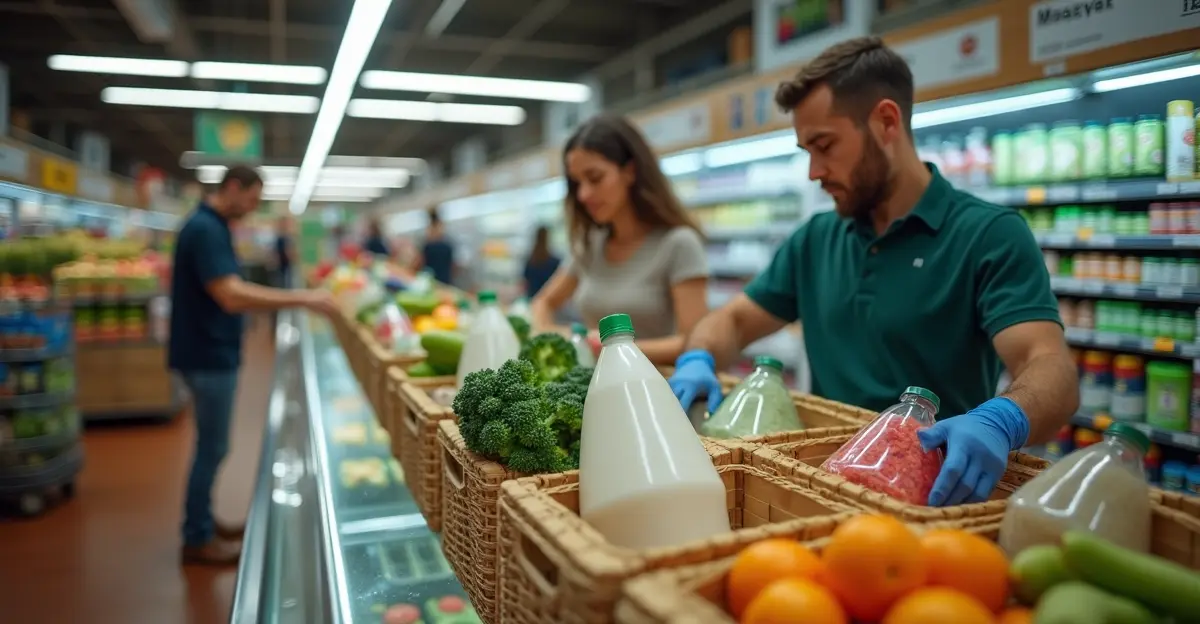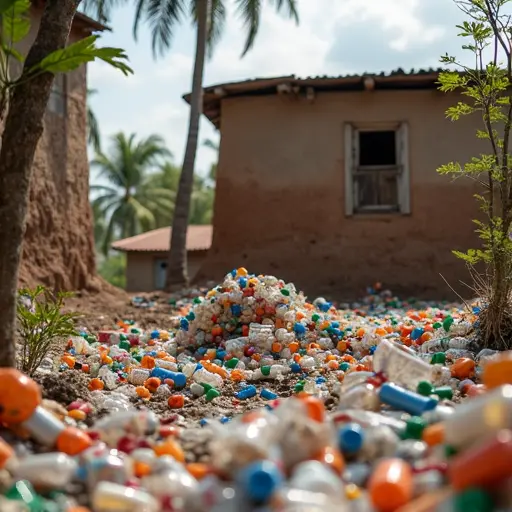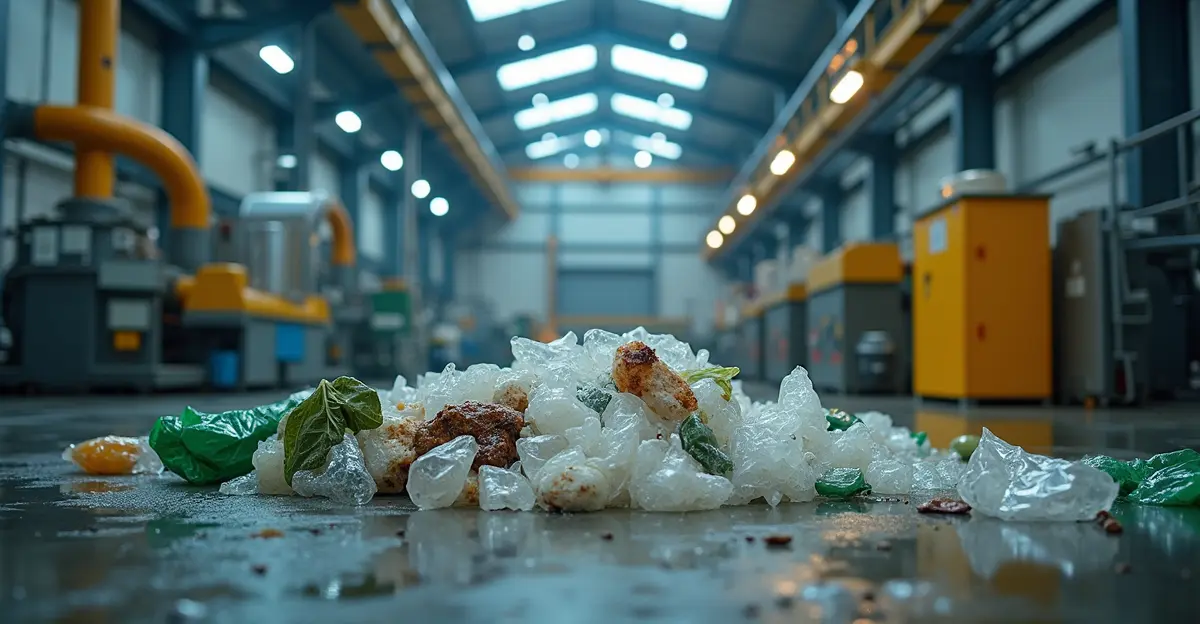Supermarkets worldwide are eliminating plastic packaging in response to environmental concerns and consumer demand, implementing innovative alternatives and facing both opportunities and challenges.

The Plastic-Free Revolution Hits Supermarkets
In a groundbreaking environmental initiative, supermarkets across the globe are taking bold steps to eliminate plastic packaging entirely from their stores. This movement represents one of the most significant shifts in retail sustainability practices in decades.
Why the Sudden Push Against Plastic?
The drive toward plastic-free supermarkets comes amid growing consumer awareness and regulatory pressure. According to UN estimates, there could be more plastic than fish in the oceans by 2050 unless urgent measures are taken. Plastic bags and packaging contribute significantly to this crisis, with single-use plastics taking hundreds of years to decompose while releasing greenhouse gases like methane and ethylene.
"We've reached a tipping point where both consumers and retailers recognize that business as usual is no longer sustainable," says Dr. Emily Chen, environmental scientist at the Global Sustainability Institute. "The transition to plastic-free operations isn't just environmentally necessary—it's becoming economically viable too."
How Supermarkets Are Adapting
Major retail chains are implementing various strategies to reduce their plastic footprint:
- Replacing plastic produce bags with compostable alternatives
- Introducing bulk sections with reusable container systems
- Switching to paper, glass, and metal packaging
- Developing innovative plant-based packaging materials
- Implementing bring-your-own-container programs
Consumer Response and Challenges
Early adopters report overwhelmingly positive customer responses. "Our customers are thrilled to see us taking real action on plastic pollution," says Maria Rodriguez, manager of a pioneering plastic-free store in California. "We've seen a 30% increase in customer loyalty since implementing our zero-plastic policy."
However, the transition isn't without challenges. Food safety concerns, higher initial costs for alternative packaging, and supply chain adjustments remain significant hurdles for many retailers.
The Global Picture
As of 2024, regulations targeting plastic packaging have been introduced in 127 countries, with 27 nations implementing outright bans on plastic bag sales to consumers. The movement toward plastic-free supermarkets represents the next evolution in this global environmental effort.
Industry experts predict that within the next five years, plastic-free shopping will transition from niche innovation to mainstream expectation as consumer demand for sustainable options continues to grow.

 Nederlands
Nederlands English
English Français
Français Deutsch
Deutsch Español
Español Português
Português







